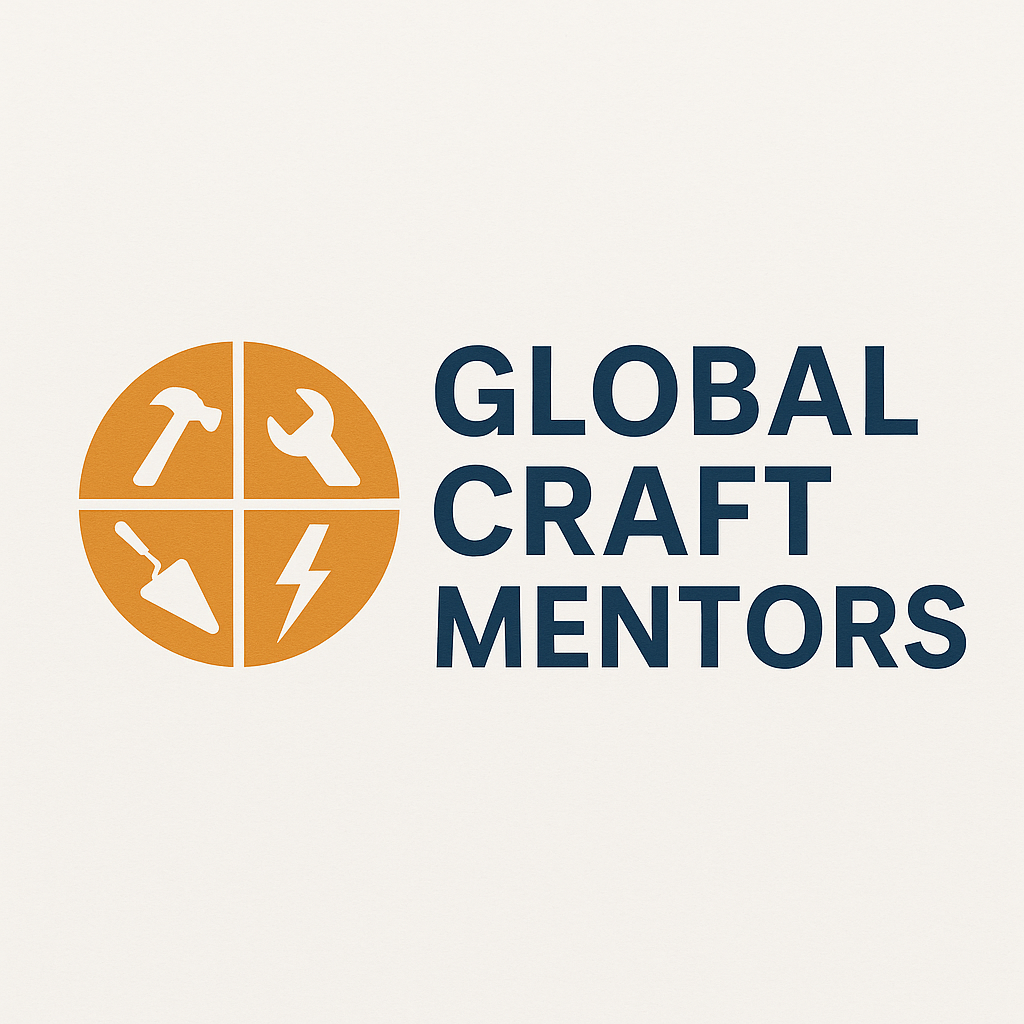Somaliland in the "Recognition Gap" - Positions of international think tanks and researchers
Introduction
Somaliland has been considered a de facto state since 1991 and has established stable political institutions, democratic elections and relative security. Nevertheless, Somaliland is still considered part of Somalia under international law and thus remains excluded from international financial flows and development programs. This discrepancy between de facto statehood and lack of recognition is described in the academic literature as the "recognition gap". The aim of this paper is to summarize key positions of international think tanks and researchers in order to make the current debate comprehensible for policy makers.
Positions of selected think tanks
Chatham House
The British think tank Chatham House describes Somaliland as a state that meets the key criteria of sovereign statehood: functioning institutions, local security, an elected parliament and a stable order by regional standards. At the same time, Somaliland is excluded from access to multilateral financial institutions due to a lack of recognition. Chatham House describes this as a structural disadvantage and points to the danger that stability is not rewarded but undermined by international isolation¹.
International Crisis Group (ICG)
In several analyses, the International Crisis Group points out that Somaliland, in contrast to large parts of Somalia, offers a stable political environment that opens up opportunities for regional cooperation. Nevertheless, the ICG warns that international isolation could jeopardize democratic development due to the lack of economic prospects. Examples such as the agreement with Ethiopia on the use of the port of Berbera are seen as an indication that Somaliland is in a position to conclude international agreements².
Academic research
In academic literature, Somaliland is often analyzed as a prime example of a "de facto state". Sarah Phillips describes Somaliland as a case where informal political structures enable effective governance³. Markus Hoehne emphasizes that Somaliland is in many ways a functioning state, but is systematically marginalized by the lack of international recognition⁴. Recent studies, such as that by Abdirahman Yusuf, also emphasize the importance of clan structures and warn that non-recognition jeopardizes long-term stability⁵.
Conclusion
International research and think tank analyses consistently show that Somaliland does not benefit from the advantages of international recognition despite functioning structures and relative stability. This "recognition gap" leads to a systemic disadvantage that can jeopardize the stability of the region in the long term. Projects that specifically support Somaliland can help to bridge this gap without forcing an anticipation of the recognition issue under international law.
Bibliographys
1 Phillips , Sarah: Somaliland: The Power of Informal Politics. Chatham House, London 2012.
2 International Crisis Group: Somaliland: The Strains of Success. Africa Briefing No. 113, Nairobi/Brussels 2015.
3 Phillips, Sarah: Political Settlements and State Formation: The Case of Somaliland. In: Developmental Leadership Program Research Paper No. 23, Sydney 2013.
4 Hoehne, Markus V.: Between Somaliland and Puntland: Marginalization, Militarization and Conflicting Political Visions. Rift Valley Institute, Nairobi 2015.
Yusuf, Abdirahman: Strengthening Democracy in Somaliland: Addressing Clan Influence. SSRN Working Paper, 2024.
